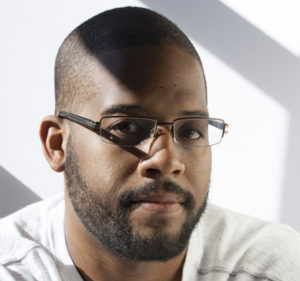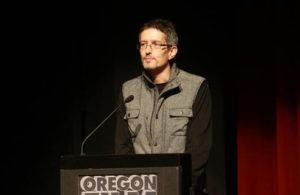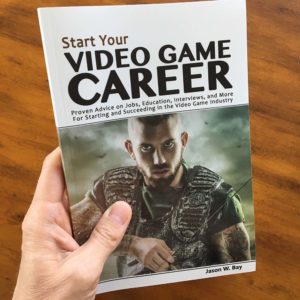How to Scrub Your Social Media Before a Job Search

Last fall, I spoke to a group of students who were about to graduate and apply for jobs in the game industry. We talked about the usual topics – the importance of a strong portfolio, a great resume, and excellent interviewing skills. But then a young woman in the back of the room raised her hand and asked an incredibly insightful question: “When recruiters evaluate my job application, will they also search and investigate me on social media?”
She desperately wanted to know, and for a good reason. When she was in high school, she went through an angry phase and said things all over social media that she later regretted. And now, she was afraid a potential employer might see those terrible old posts, and it would destroy her chances of landing a job.
Unfortunately, she was absolutely right. Read more »






